

KENNESAW, Ga. | Jun 24, 2021
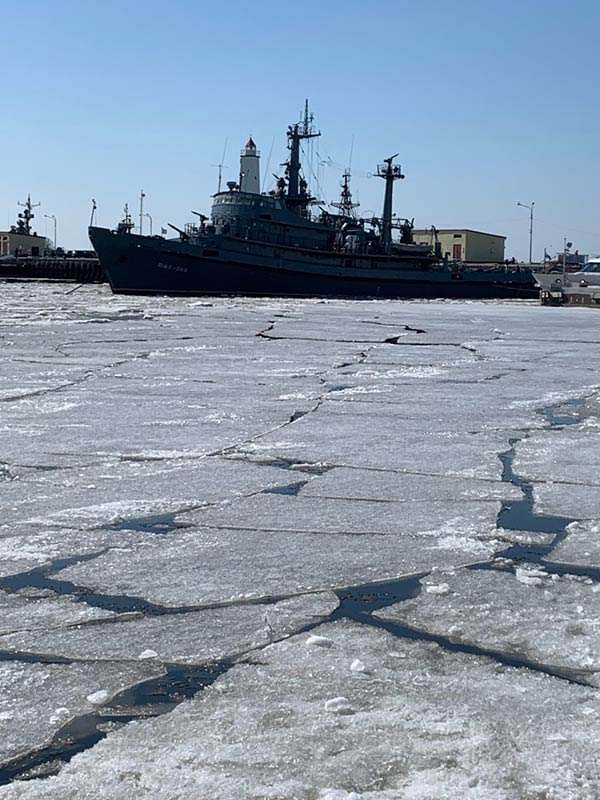
Research being conducted this summer by Kennesaw State University political science professor Thomas Rotnem could shape how the U.S. and other nations conduct foreign policy with Russia.
As a Kennan Institute Summer Research Scholar, Rotnem is looking at Russia’s ambitious economic development plans in the Arctic, including development of the Northern Sea Route through the Arctic Ocean. The Washington, D.C.-based institute, which is an integral part of the Woodrow Wilson International Center for Scholars, has been a leading center of research on Russia and the former Soviet Union since 1968.
In the wake of President Biden’s one-day summit last week with Russian President Vladimir Putin, Rotnem said the rival nations have a history of cooperation in the Arctic, which might help the countries improve strained relations now.
“The Arctic has been an area of cooperation on a lot of levels,” said Rotnem, who is associate director of the Kennesaw State School of Government and International Affairs. “In fact, the U.S. just recently signed an agreement with Russia over shipping and transit in the Bering and Beaufort seas. It’s proven both sides can talk about important things and find a solution.”
Rotnem’s Kennan Institute inquiry focuses on Russia’s economic development plans — financed in part by China — to develop the Northern Sea Route through the Arctic Ocean, a key to increasing export of natural resources. Russia is working to increase sale of liquified natural gas, oil and other resources and is building out railroads, roads, and river projects in Siberia to make that possible. The effort is part of a 15-year plan put forth last October. China has emerged as an investment partner in the Arctic because it is flush with cash, while Russia is much weaker economically, Rotnem said.
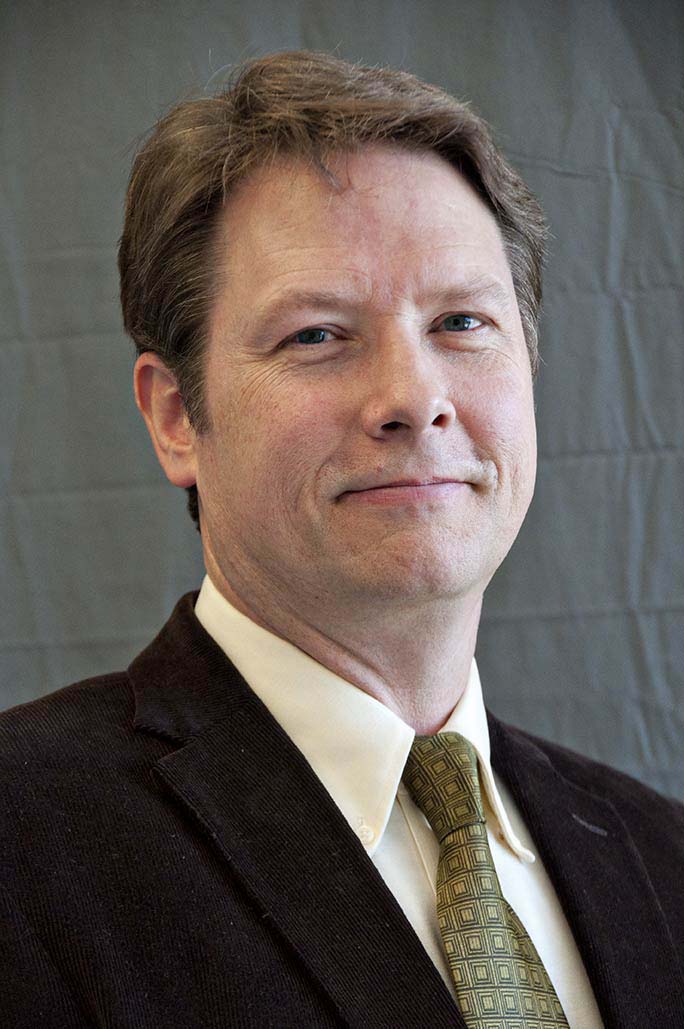
“Even in the regional newspapers, there’s not a hint of opposition,” Rotnem said. “So I have had to resort to social media — particularly Russian-language sources using the Telegram app — to follow Arctic-related and indigenous people-related channels. I see a lot more criticism there than I see in the official media.”
When the two-month research project is over, Rotnem will present his findings in August, at both the WWICS and through various outlets at the Kennan Institute.
Rotnem’s research is ongoing amid the backdrop of Biden engaging with Putin. Both sides, Rotnem said, have made public statements about the importance of fighting climate change. Melting permafrost is having effects on both countries, and the two nations could cooperate to slow or reverse the effects of climate change.
Another area where the two nations can become more cooperative in the Arctic is military communications, Rotnem said. Since the Russian annexation of Crimea in 2014 — a move strongly opposed by the U.S. and its Western allies — military-to-military communications that used to be routine between the two nations have discontinued.
“There’s so much military activity on both sides in the Arctic now that they really need to be talking and have established communications,” Rotnem said. “Otherwise there could be an unfortunate incident that could have unforeseen consequences.”
– Gary Tanner
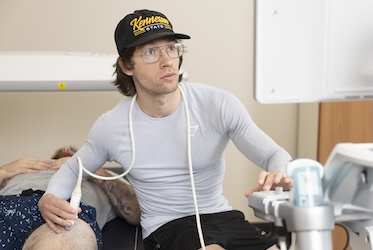
KSU student researchers to share findings at Georgia Capitol
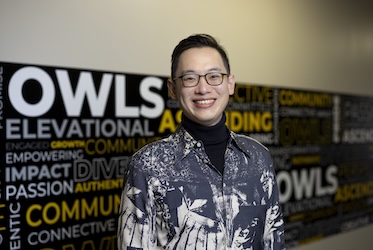
Finding love at first swipe: Kennesaw State research shows how to win at dating apps
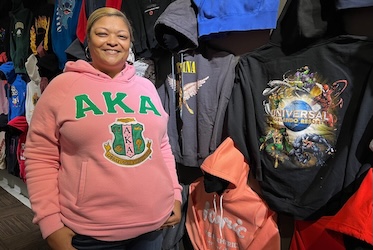
Kennesaw State associate professor co-curates hoodie exhibit at Museum of Design Atlanta
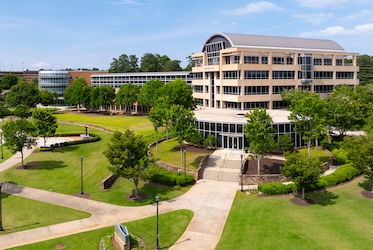
Kennesaw State among nation's top universities for online degrees in U.S. News rankings
A leader in innovative teaching and learning, Kennesaw State University offers undergraduate, graduate, and doctoral degrees to its more than 51,000 students. Kennesaw State is a member of the University System of Georgia with 11 academic colleges. The university's vibrant campus culture, diverse population, strong global ties, and entrepreneurial spirit draw students from throughout the country and the world. Kennesaw State is a Carnegie-designated doctoral research institution (R2), placing it among an elite group of only 8 percent of U.S. colleges and universities with an R1 or R2 status. For more information, visit kennesaw.edu.